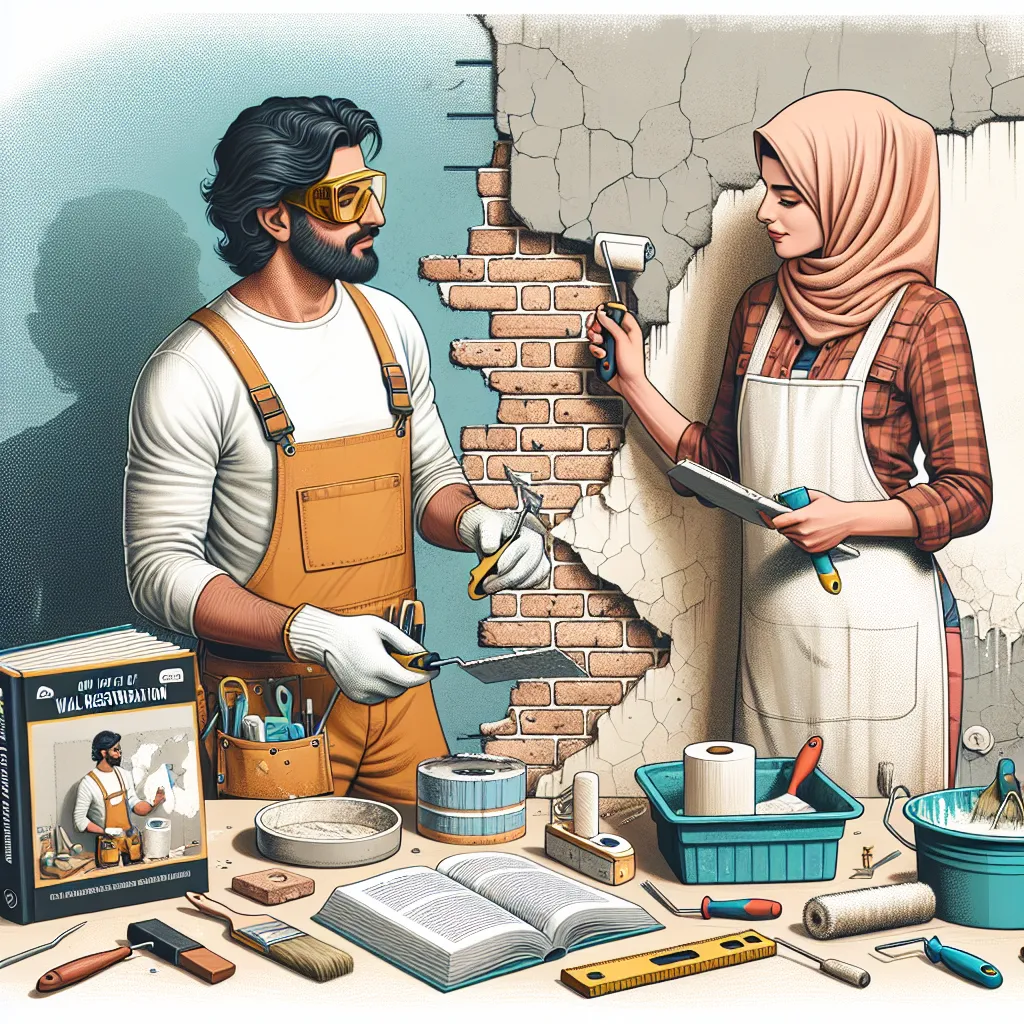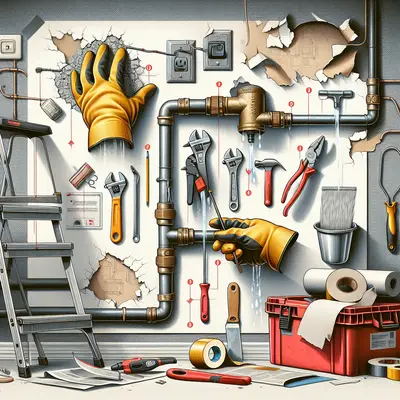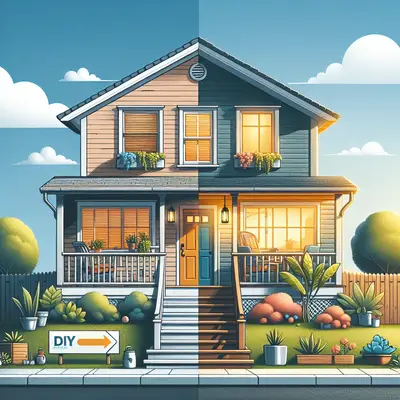Restoring your home's walls is an essential part of home maintenance. Over time, walls can become damaged due to moisture, cracks, or simply everyday wear and tear. But don't worry, you don't need to be a professional handyman to fix these issues. With a few simple tools and some patience, you can restore your walls and give them a fresh, new look. Here's a step-by-step guide on how to master the art of DIY wall restoration.
Step 1: Assess the Damage
The first step in any restoration project is to assess what you're dealing with. Look closely at your walls. Is the plaster chipping? Are there small cracks or moisture damage? Once you know what you're dealing with, you can gather the right tools and materials for the job.
Step 2: Gather Your Tools and Prepare the Area
Depending on the extent of the damage, you may need different tools. For minor repairs, you'll need a putty knife, some sandpaper, and wall filler or joint compound. For larger cracks or holes, you may need a plaster repair kit. Don't forget to cover your furniture and floor with plastic sheeting to protect them from dust and debris.
Step 3: Repair the Damage
Now it's time to get to work. For small holes or cracks, apply the wall filler using a putty knife and smooth it out. For larger damage, follow the instructions on your plaster repair kit. Don't worry if it's not perfect - you'll be sanding it down in the next step.
Step 4: Sand and Prime
Once your repair work has dried, it's time to sand it down. This will help create a smooth surface that's ready for painting. After sanding, wipe the wall down with a damp cloth to remove any dust. Then, apply a coat of primer to help the paint adhere better and give a more professional finish.
Step 5: Paint
The final step is to paint over your repairs. If you're just touching up a small area, you may be able to get away with a small can of matching paint. If you've done extensive repairs, it might be time for a fresh coat on the whole wall. Use a roller for larger areas and a brush for smaller spots.
Conclusion
Restoring your walls can seem like a daunting task, but with a little patience and the right tools, it can be an achievable DIY project. Not only will you save money by doing it yourself, but you'll also have the satisfaction of knowing you did it yourself. So roll up your sleeves and give your walls the makeover they deserve.



